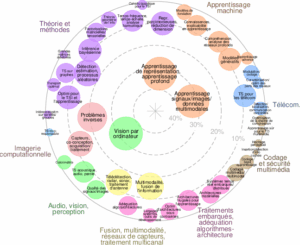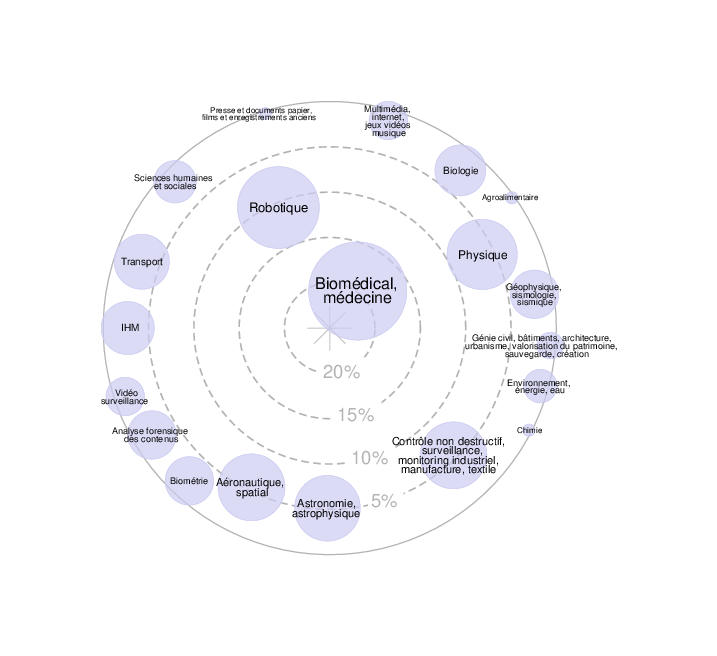Webinaires
Physics-based digital twins for reconfigurable wave systems
- Philippe del Hougne ( CNRS, IETR, France )
Annonce
Résumé
Optimizating a reconfigurable wave system (e.g., reconfigurable intelligent surface, dynamic metasurface antenna, physical neural network) for a desired functionality is generally challenging because the effects of the tunable degrees of freedom are intertwined. In fact, the stronger the coupling between the tunable entities is, the more control reconfigurable wave systems offer over their transfer function. In this talk, I will discuss our recent efforts to formulate and calibrate physics-based models of reconfigurable wave systems. I will present closed-form and gradient-descent-based methods to calibrate the parameters of such models so that they can serve as digital twins for a priori unknown experimental reconfigurable wave systems, including a calibration method compatible with intensity-only detection. I will carefully explore the role of ambiguities in these physics-based digital twins, clarifying in what scenarios ambiguities need to be lifted and how that can be achieved. By comparison with physics-agnostic digital twins, I will highlight the favorable inductive bias of physics-based models. Once calibrated, these physics-based digital twins enable efficient in-software optimization of the reconfigurable wave system’s configuration for a desired functionality without further access to the experimental system. I will share insights into efficient optimization algorithms, notably for systems with few-bit programmable degrees of freedom.





